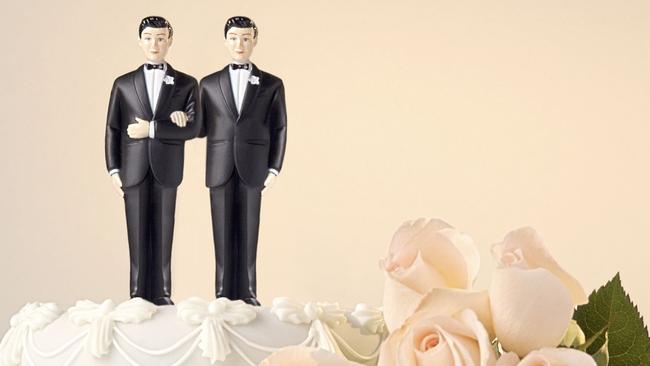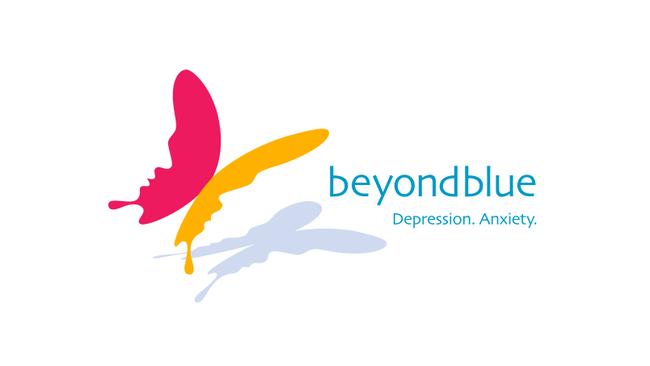Teen boys more homophobic than general population and new campaign aims to turn the tide
FOUR in ten teenage boys wouldn’t welcome a gay person into their friendship group even though they know discrimination can lead to depression..

Sex
Don't miss out on the headlines from Sex. Followed categories will be added to My News.
FOUR in ten teenage boys wouldn’t welcome a gay person into their friendship group even though they know discrimination can lead to depression.
An alarming new study for beyondblue has found young males hold more homophobic attitudes than the general public.
More than half (58 per cent) of the 304 teenage boys surveyed by global marketing company TNS for beyondblue recall someone being bullied over their sexuality.
And three quarters said they had heard the term ‘gay’ being used to described something disliked.
One in five boys aged 14-17 say they found it hard to treat gay people in the same was as everyone else.

“It wasn’t long ago that left-handed people were routinely discriminated against, told there was something wrong with them and forced to write with their right-hand,” beyondblue CEO Georgie Harman said.
“Thankfully that no longer happens. Sadly, the same can’t be said for the discrimination faced by LGBTI people, who are still made to feel like crap just for being themselves,” she says.
Young gay, lesbian and bisexual people were already three to six times more likely to be distressed that their straight peers, she said.
“We know that high levels of distress have a strong link to depression, anxiety and suicide,” Ms Harman said.
Beyondblue will this week release a national marketing campaign to highlight discrimination against gay and lesbian people.
Campaign advertisements which show how it is just as ludicrous to discriminate against gay people as left handed people will run in cinemas for seven weeks.

Youth psychiatrist and Professor Brett McDermott says it is common for people who feel vulnerable to externalise their fears and anxieties onto a minority group.
Around a third of people go through a period of turmoil during adolescence as they develop moral and political stances and it is a major time for sexual uncertainty.
“One way of establishing a sense of identity is to repudiate the opposite,” he said.
“I’m heterosexual because I repudiate anything to do with homosexuals or lesbian, gay bisexuals,” he said.
It becomes self -perpetuating if your friendship group also holds prejudiced views and they do not associate with any gay or lesbian people, he said.
It is only by being exposed to gay people and seeing how they can be normal and fun to be with that these attitudes can change,” he said.
WHAT THE SURVEY FOUND
- One in five said they find it hard to treat same-sex attracted people the same as others.
- Six in 10 said they had witnessed first-hand people being bullied for their sexuality and four in 10 said they had seen people bullied for the same reason on social media.
- A quarter said terms such as “homo”and “dyke” are “not really that bad”.
- Four in 10 either agreed that they felt anxious or uncomfortable around same-sex attracted people or did not disagree that they felt this way,
- 23% think it’s OK to say something they don’t like is “gay” and 38% wouldn’t be happy if a same-sex attracted person was in their friendship group.
Originally published as Teen boys more homophobic than general population and new campaign aims to turn the tide



